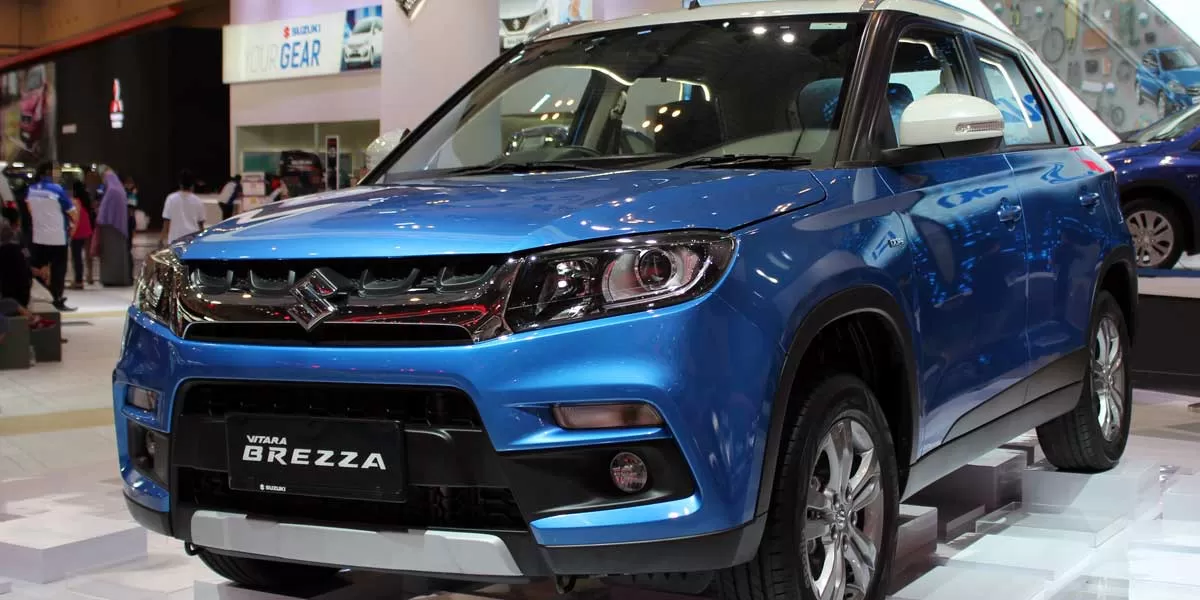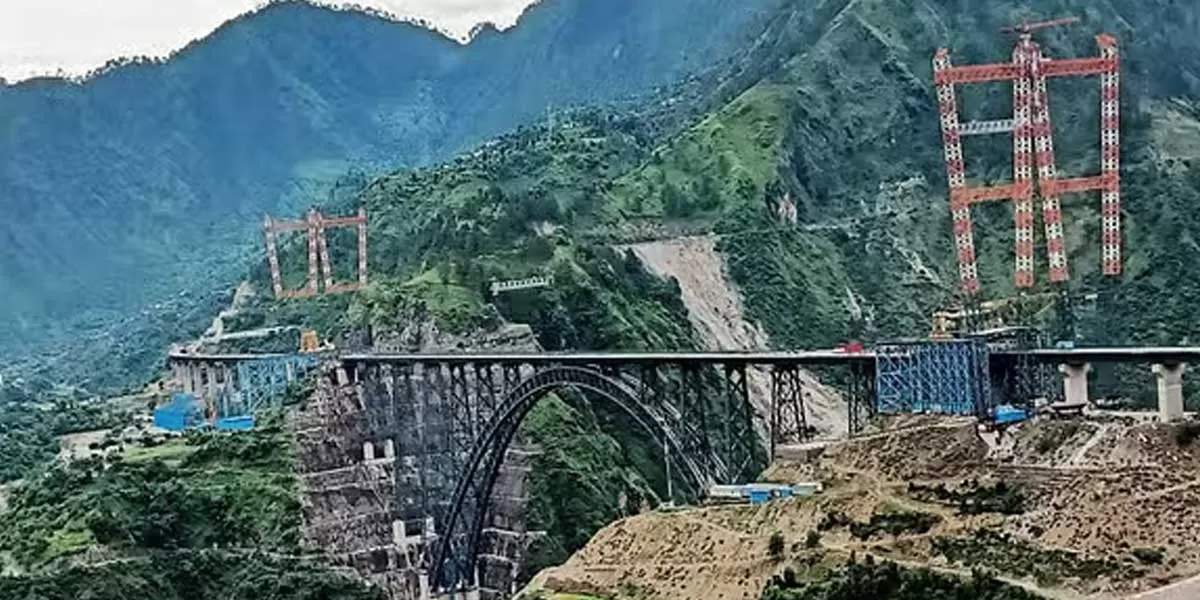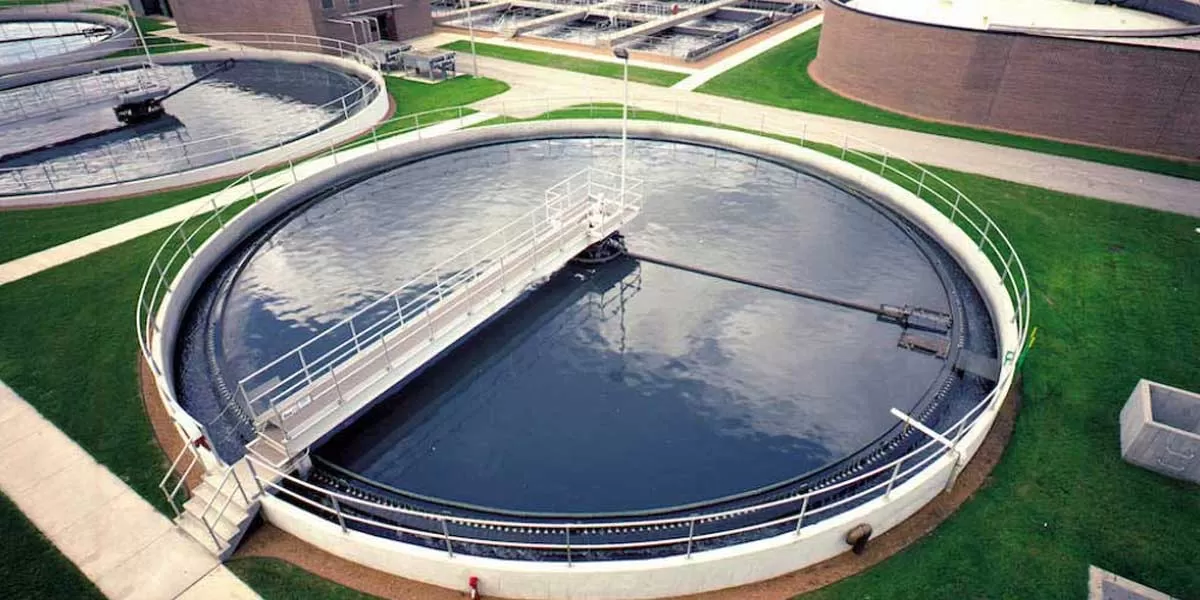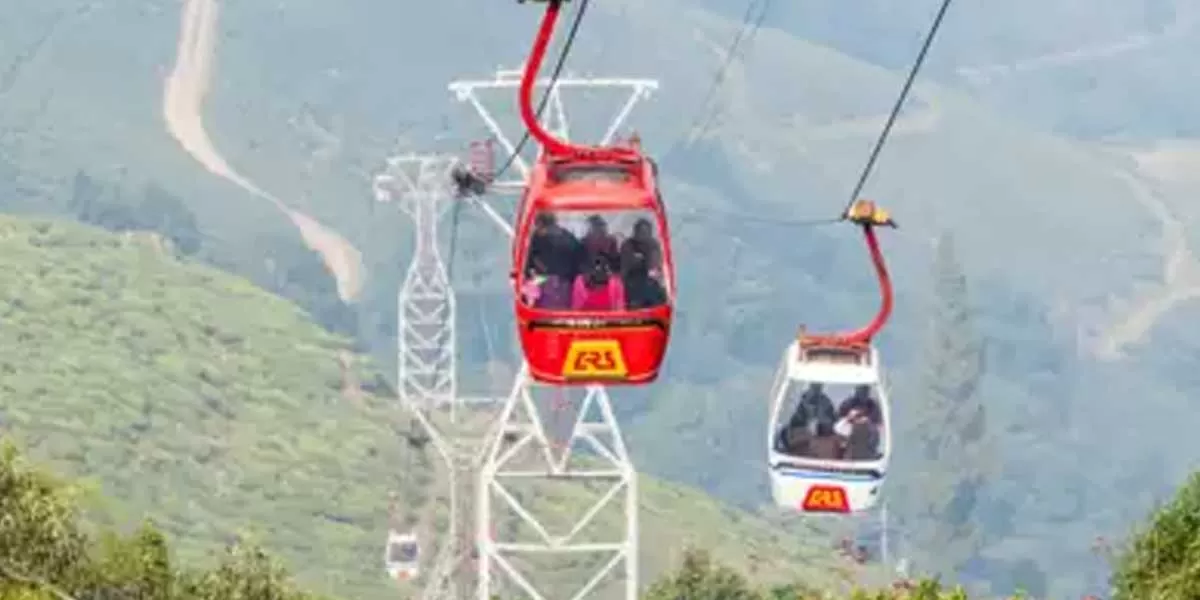
Maruti Suzuki's strategic pivot: Embracing SUVs as key growth drivers
Redefine the future of urban mobility! Join us at the Metro Rail Conference 2025 to explore groundbreaking ideas and insights. 👉 Register today!

CRS Approves Train Operations on Katra-Reasi Section
The Commissioner for Railway Safety (CRS) has authorised the operation of regular trains on the Katra-Reasi section of the Udhampur-Srinagar-Baramulla (USRBL) rail project in Jammu and Kashmir. Trains will be permitted to operate at speeds of up to 85 km/h on normal tracks and 15 km/h on loop lines, according to reports by Dipak Dash.For security reasons, trains will only run during daylight hours between Jammu and Srinagar, with separate boarding arrangements for Srinagar-bound passengers at Katra, involving enhanced security checks. Non-stop trains from cities like Delhi to Srinagar will not..

Schneider Electric to Automate Mumbai’s Largest Water Treatment Plant
On January 15, 2025, Schneider Electric, a leader in energy management and automation, announced it had been awarded a contract to automate India’s largest water treatment plant in Bhandup, Mumbai. The plant, which processes 2,000 MLD (million litres per day) of water, is a key element in the Government of Maharashtra's initiative to provide clean water to 22 million people.Currently, only four per cent of wastewater in Maharashtra is recycled, due in part to outdated technologies. To address this, the automation of wastewater processes is crucial to reduce waste, increase water recyclabilit..

Varanasi Prepares for Trial of India’s First Public Transport Ropeway
The first urban public transport ropeway in India, located in Varanasi, Uttar Pradesh, is nearing completion, with three of its five stations almost ready for trial runs. The cable has been successfully installed on the ropeway’s supporting pillars, and the Cantt, Vidyapeeth, and Rathyatra stations are nearly finished. Trials are set to begin within a month and are expected to last about six weeks to address any final issues.This major infrastructure project, which was initiated by Prime Minister Narendra Modi, began with the laying of the foundation stone in March 2023.Estimated to cost Rs ..
















